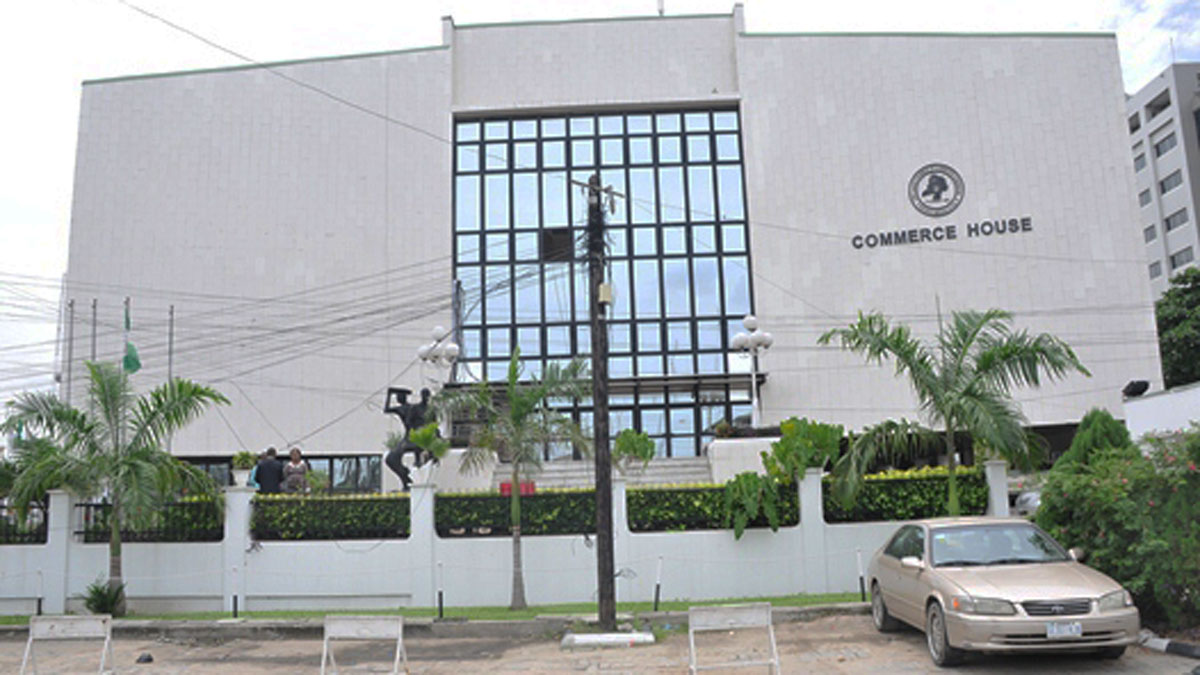
By investing in certain tree species that have a shorter gestation period of six months and developing a backward integration plan for the paper and pulp industry, Nigeria may be able to revive ailing paper manufacturing firms and conserve foreign exchange.
Stakeholders in the industry have stated that unavailability of raw materials is one of the major reasons why investors are shying away from the nation’s multi-billion dollar paper industry.
They noted that there is an urgent need to partner the South-western States in the country to engage in mass production of raw materials to achieve a virile paper industry.
According to stakeholders in the industry as well as members of printing and publishing group of the Lagos Chamber of Commerce and Industry (LCCI), Nigeria can address insufficiency in supplies of long fibre pulp by investing in new tree species.
Chairperson of the LCCI Group, Princess Layo Okeowo, during a webinar by the Group tagged “Revitalizing the paper industry: Challenges and opportunities in South-western Nigeria”, noted that while the option of sourcing foreign exchange to import the pulp in the immediate was considered as an interim solution, designing a programme that would see Nigeria grow plantations of suitable trees as a long-term solution was equally proffered, but the latter option was never pushed for implementation.
“However, the good news is, research has shown that tree species needed for manufacturing woodfree bond paper can be grown in Nigeria with a gestation period of 6months and not 12years or more as formerly believed. This means that paper production in Nigeria is doable and we only need to share the knowledge across board.
“Nigeria paper industry needs clusters of smart investors who can tap into the potential of raw material availability in the country. The major area of investment will be the aspect of machinery as the raw materials needed will be readily available.
“Investigation has shown that $10million (N4billion) worth of machinery can produce 100tones of paper per day while $50million (N20billion) worth of machinery can produce 500tones of paper per day which could be a good start to the bigger journey ahead. I will spare no word to let you know that, paper industry in Nigeria is a goldmine waiting for intelligent investors to explore”, she added.
Regional Principal Officer, African Development Bank, Dr. Olufunso Somorin, said Nigeria must enter into partnership with countries where most of the raw materials are being exported to address the raw material shortage in the short term.
In his words: “We need to solve the raw material procurement issues in the shortest time possible, although it is not a long term solution, but part of our long term continuum. It is important to develop a partnership as supposed leaving it to market forces. The demand must be met at all cost, but presently, we are creating opportunities for other countries as supposed creating investment opportunities for ourselves.”
He said bilateral agreement with identified countries known for exporting raw materials to Nigeria would provide an enabling environment that allows the private sector to have access to these raw materials under a pricing system that is pre-agreed and supportive of the investment in Nigeria.
“We also need to recalibrate our medium term investment in new paper mills to the future direction of the demand. Very few states see forestry as part of the nation’s industrialization drive. It is a missing link and we must see it as part of our industrialization plans,” he said.
He added: “In the next 10 to 20 years, we need nothing less than 10 medium to large scale paper mills in Nigeria, because over the next ten years the demand would grow and this paper mills would attract an investment of over $100 million into the country.
Also speaking, the Commissioner for Commerce and Industry, Ogun State, Kikelomo Longe, said the demand in the paper industry is huge and contributes about 10 per cent of the State Gross Domestic Product (GDP). She stated that the gap between supply and demand is enormous, maintaining that that the State is very keen to narrowing the gap.
“There is a need to grow the input. Ogun State has enough arable lands of about 1.2 million hectares suitable to grow Kenaf, which is a vital raw material for paper production. We are working with willing investors for Kenaf while also attracting investors for paper milling,” she said.
The Director General, Dawn Commission, Oluseye Oyeleye, said the challenges of the paper industry needs concerted efforts, advising that it is better to focus on States that are agric-oriented.
“At the moment there is no concerted effort to drive the industry. The paper industry is a multi-billion dollar industry if we can provide the enabling environment and it would be an incentive for investors to come in. investors are shying away because of raw materials. We are engaging the critical states that we know can supply the raw materials to even encourage the investors to come back to invest,” he added.
A Director in the Technology Development Department, Raw Materials Research Development Council (RMRDC), Ogunwusi Abimbola, said bamboo is very vital raw material for paper production, saying that it has been used in Nigeria’s paper industry.
He said there are lots of agricultural wastes being used in foreign countries, stating that plans are ongoing to see areas it can develop and collaborate with States in South West for paper production.
“We are collaborating with research institutes that mass produces raw materials and over 500 people have indicated interest in the production of bamboo. Anybody interested in mass producing raw materials should meet us, we will make sure that they have enough seedling for industrial and sustainable production for every sector of the economy,” he assured.



